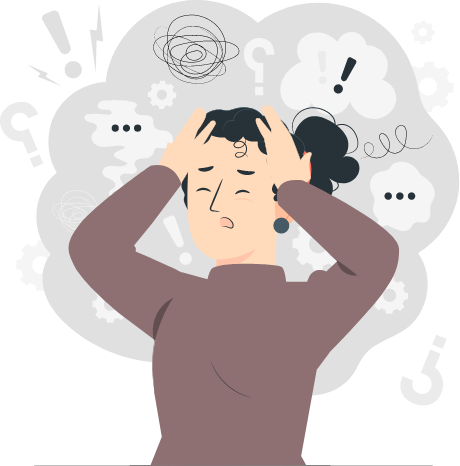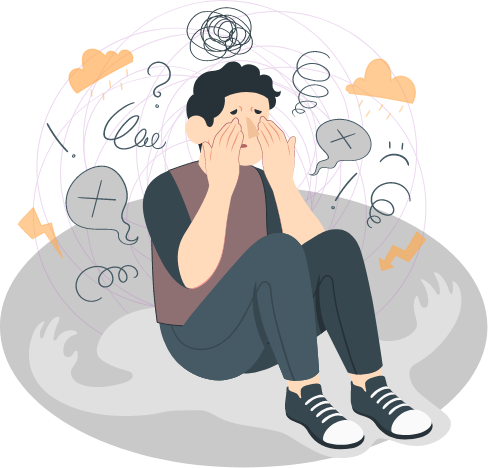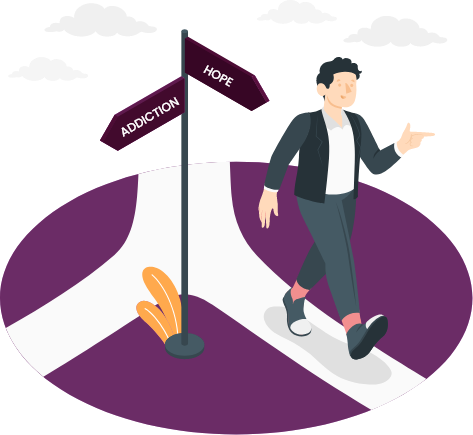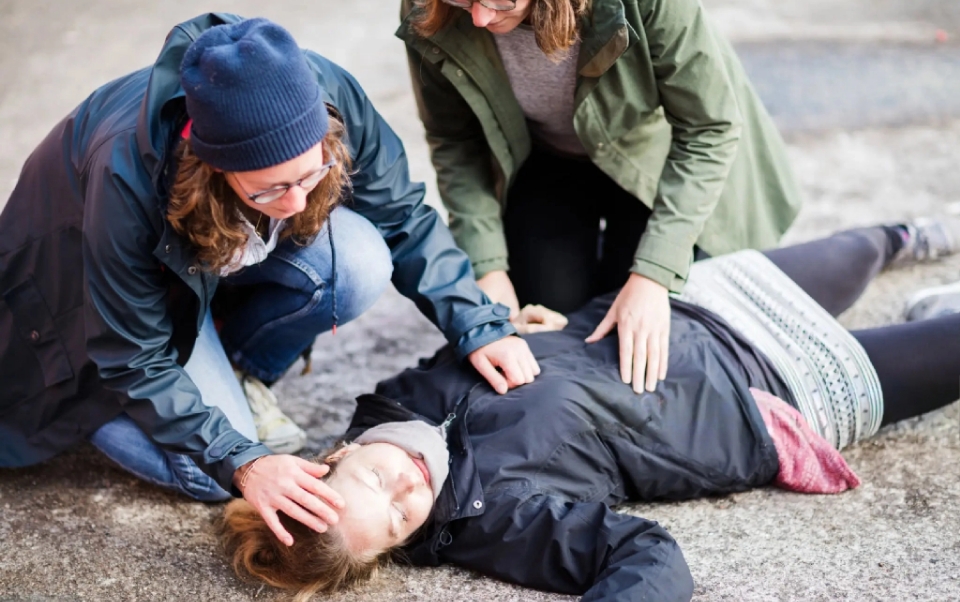Our greatest glory is not in never failing, but in rising up every time we fail.
Ralph Waldo Emerson


Addiction is defined as “a brain disease that is characterized by compulsive drug seeking and use, despite harmful consequences.” Not everyone will become addicted, which is why you will know some people who tried something once or twice and never touched it again. You’ll also know people who tried something once and then changed overnight. Brain science is teaching us a lot about addiction, but predicting who may become addicted is not possible right now. Addiction is a scary experience for those who suffer from this disease, as well as for their friends and family. It’s hard watching someone go through this when all you want is to help. How can you help if you don’t know the signs? And how can you identify signs of misuse before the behaviors result in addiction? Being informed will guide the way because getting your friend help as early as possible helps their journey to recovery.


Misuse is defined by the World Health Organization (WHO) as “the use of a substance for a purpose not consistent with legal or medical guidelines.” People can be misusing and not show any signs. On the other hand, some signs can be misleading and might point to other mental or physical health concerns. So it’s best to be aware, concerned, and open to conversation to learn more about what is going on in order to support your friend or family member.
Signs and symptoms of misuse and addiction can also be indicators of other mental or behavioral health issues, so be careful about jumping to conclusions. Start by having a conversation, asking questions, and most importantly, listening. Here’s a link that breaks down how to be a friend and listen.

The symptoms are different for everyone and each person deals with it differently. However, common symptoms are:
